Perhaps the biggest challenge facing the United States today is the issue of money in politics. Since the U.S. Supreme Court decided the Citizens United and McCutcheon cases, the money has flowed from all kinds of special interest groups into the coffers of political campaigns — sometimes surreptitiously. These campaign finance decisions have given corporations outsized influence over elections, and sometimes candidates.
The legal team that argued the case Hale v. State Farm won Public Justice’s Trial Lawyer of the Year award for the settlement that highlighted the issue of dark money in politics. This twenty-year-long legal odyssey exposed State Farm’s covert funding for an Illinois Supreme Court Justice’s campaign. That justice, Lloyd Karmeier, currently sits as the Chief Justice of the Illinois State Supreme Court.
Full of intrigue, this case began in the late 1990s with a class action against State Farm, claiming that the insurance company was only approving low-quality non-original parts for claim repairs with as many as 4.7 million policyholders. Using such parts violated the policyholders’ contracts. In 1999, a jury verdict awarded $1.2 billion to the class, but State Farm appealed the case to the Illinois Supreme Court. This is where the intrigue comes in.
In 2004, there was a vacancy on the Illinois Supreme Court. Judge Lloyd Karmeier, who was on the verge of retirement decided to run for the seat. He won the election and ended up casting the deciding vote in State Farm’s appeal, which essentially erased the $1.2 billion verdict the class had won.
But the legal team knew something was going on behind the scenes, and had even made a motion for Karmeier to recuse himself from this particular case. He chose not to. And the case ended until a U.S. Supreme Court decision gave it new life in 2009.
In Caperton v. A.T. Massey Coal Co., the Supreme Court held that when a company donates money to a successful judicial campaign and the winning judge does not recuse himself from a case involving that company, then the plaintiff’s due process rights are violated.
The legal team spent the next three years digging into the funding for Karmeier’s campaign and found that State Farm had funneled more than 80 percent of the money for his Supreme Court bid through a variety of other organizations and PACs. State Farm claimed it had no control over what these organizations did with the money while several State Farm executives sat on the boards of these very organizations. The team uncovered meetings between Karmeier and the State Farm CEO during the election. Subpoenaing phone records showed that State Farm and the Karmeier campaign stayed in frequent contact during the election, with as many as fourteen phone calls in one week.
In 2012, the team filed the case Hale v. State Farm, alleging a RICO scheme to put a friendly justice on the court to affect the outcome of State Farm’s appeal. The trial began August 30, 2018, and State Farm settled the case a few days later — the same day that Karmeier was scheduled to testify. As attorney Bob Clifford said, “They paid $4 million in dark money to elect him, and a quarter of a billion dollars to keep him off the witness stand.”
This was my seventh year producing the videos for Public Justices award gala, and as usual, all of the cases were fascinating and delved into important issues.
The Ecological Rights Foundation v. Pacific Gas & Electric case involved PG&E’s pentachlorophenol and dioxin pollution in San Francisco Bay.
Englund v. World Pawn Exchange, dealt with straw purchases of firearms used in a crime.
Gloria G. v. City School District of the City of Mount Vernon held a school district liable for its negligence that led to a student with special needs being sexually assaulted, bullied, and attacked.
And In Re: Swine Farm Litigation won settlements for 500 eastern North Carolina residents whose homes and communities were plagued by fecal pollution and other disturbances from nearby hog farms.
All of these cases were important and helped citizens stand up for their rights against corporations and government entities.
I worked on this project as part of the team at Tolsma Productions in South Philadelphia. Tolsma Productions also provided the motion graphics. Thank you to all of the attorneys and their staff for helping to provide relevant images, documents, and video footage to help tell these important stories.
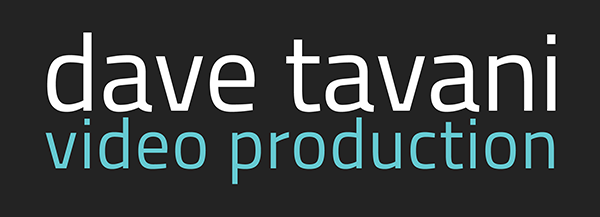
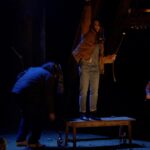

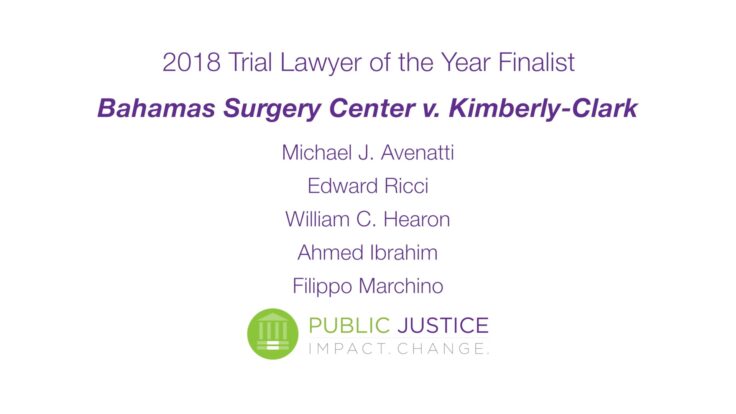 Public Justice Trial Lawyer of the Year 2018
Public Justice Trial Lawyer of the Year 2018 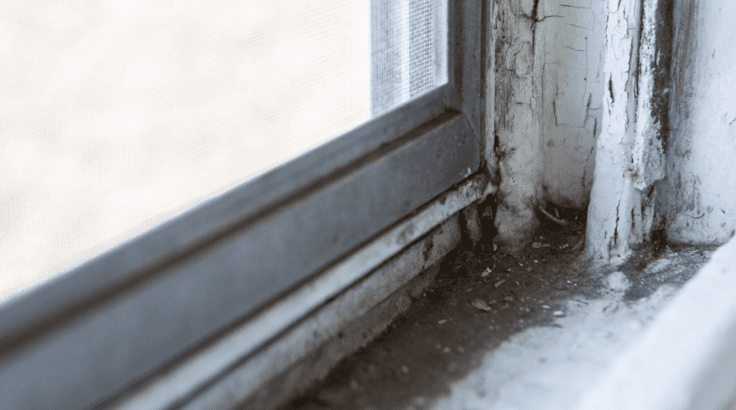 California v. Atlantic Richfield – Public Justice Trial Lawyer of the Year Winner
California v. Atlantic Richfield – Public Justice Trial Lawyer of the Year Winner 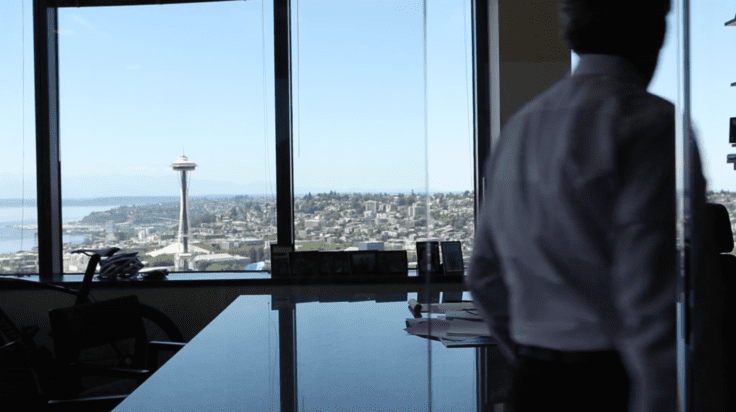 In re: Toyota – Public Justice Trial Lawyer of the Year Nominee
In re: Toyota – Public Justice Trial Lawyer of the Year Nominee